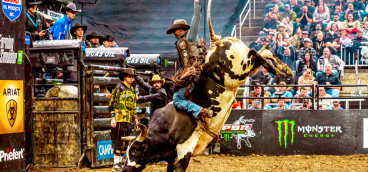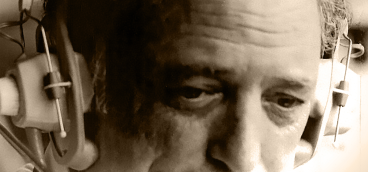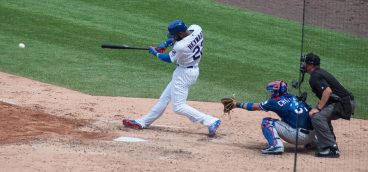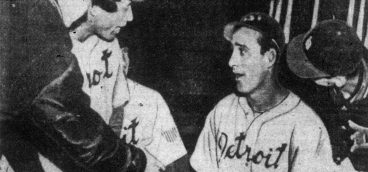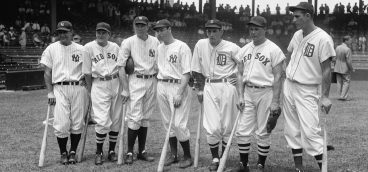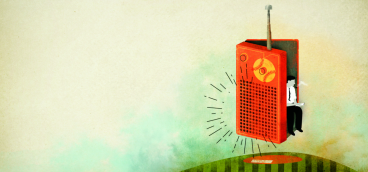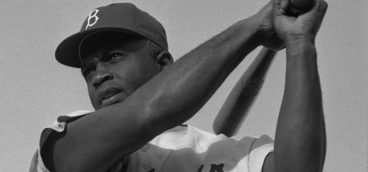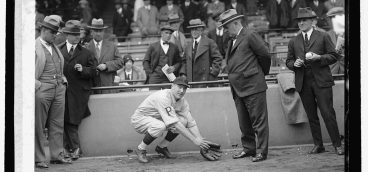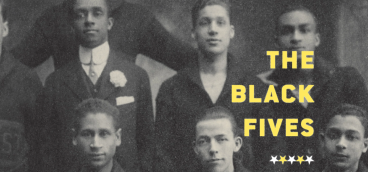Ralph Kiner and the FBI
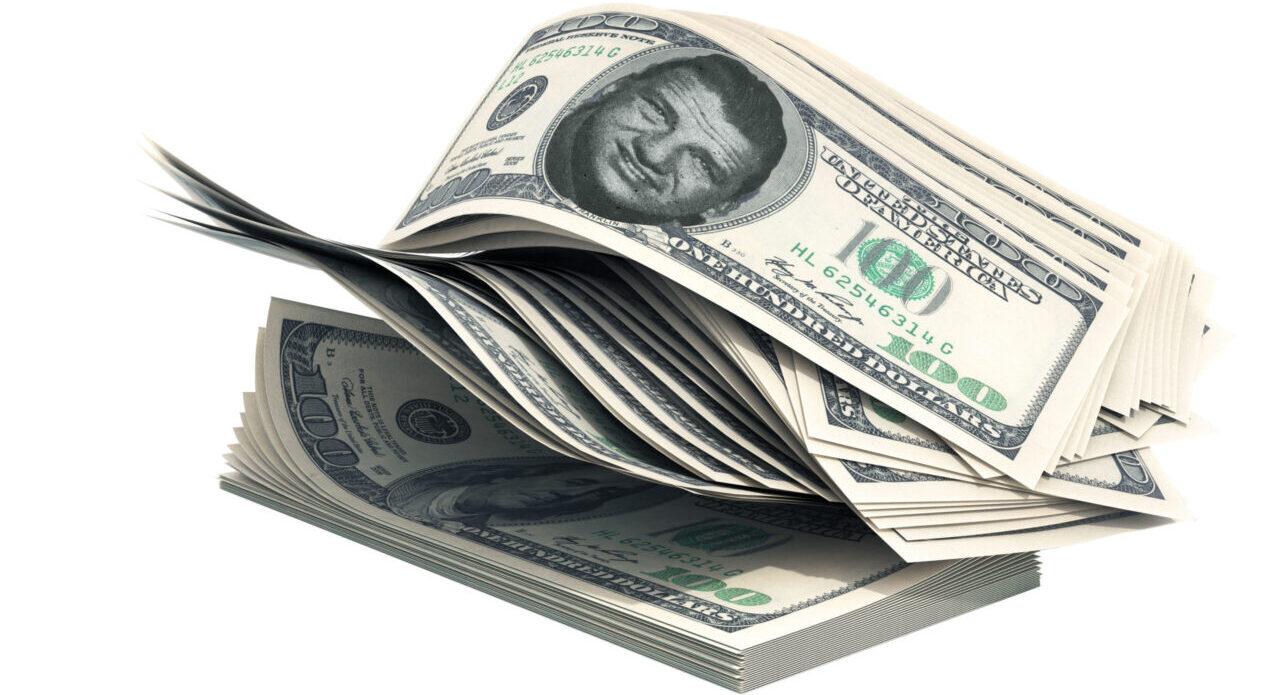
Though he was regarded as one of the most fearsome sluggers in Major League Baseball, Ralph Kiner did step aside once for a “pinch hitter.”
An FBI agent.
The Pittsburgh Pirates outfielder was the focus of an extortion plot in the summer of 1952. He was instructed in a letter to deliver $6,200 to an address in Ambridge. The writer threatened to shoot Kiner during a game if he didn’t comply, reminding him that “you’ll make a good target in left field.”
Kiner turned the letter over to Pittsburgh vice president-general manager Branch Rickey, who contacted the FBI. An agent assigned to act as Kiner’s stand-in for the trip to Ambridge was such a convincing double — especially after completing the illusion by donning one of Kiner’s flashy sport coats — that the perennial All-Star was dumbstruck when they were introduced.
The drama began on Aug. 21 when Kiner plucked an envelope marked “Very Important” from his pile of fan mail. The letter inside instructed Kiner to call for a Peoples cab to pick him up at Brushton Avenue and Baxter Street in the Brushton section of the city after the next night’s doubleheader against Brooklyn at Forbes Field; to refrain from identifying himself to the driver while inquiring about a fare to Ambridge; to place the cash under the driver’s seat; and to arrive at “the school” in Ambridge, presumably the high school on Duss Avenue, at 3 a.m. before exiting the vehicle.
After Rickey notified the FBI, agents made elaborate plans to trip up the would-be assassin. In addition to the pinch hitter for Kiner, whom Lester J. Biederman of The Pittsburgh Press noted “could pass for a twin brother,” the cab was operated by an undercover FBI agent and a third agent was sprawled on the floor of the back seat, gun drawn.
Kiner, en route to a record seventh consecutive National League home run title, kept his teammates in the dark about the plot. He played in the Friday night doubleheader as if nothing was out of the ordinary, although the ordeal clearly left him unnerved. “If someone had shot off a firecracker in left field,” Kiner said, “I would’ve jumped out of my shoes.” What he didn’t know was that FBI snipers were stationed throughout the ballpark during the twin bill.
Agents picked up Kiner at his apartment in the wee hours of Saturday morning for the 18-mile ride to Ambridge. He sat with several FBI men in a car not far from the rendezvous point, waiting for the extortionist to show up, as were about 30 other agents, poised to spring into action. But no one appeared to collect the loot. (Cabbie Joseph J. Bruno, a former Pirates batboy, was later arrested and confessed to the crime.)
A weary Kiner played that afternoon against Brooklyn and slugged his 27th home run of the season.
“Baseball sure is a funny game,” he told reporters once word of the plot became public. “I had 10 hours’ sleep before the twi-niter with the Dodgers Friday and got just one hit. After being up until 5 a.m. Saturday, I grabbed a few hours’ sleep, rushed to the park, had no batting practice, then hit the first pitch for a home run.”
The Pirates lost that day, as they did a league-leading 112 times during a wretched 1952 season in which they finished in last place, a whopping 54 1⁄2 games out of first. But the Pittsburgh Post-Gazette offered a tongue-in-cheek suggestion to improve the Bucs’ fortunes in the wake of the extortion episode.
“Perhaps this situation can be turned to advantage both for Kiner and Pittsburgh ball fans,” the Post-Gazette noted in an editorial. “While on this case, why couldn’t eight G-men disguise themselves as Pirates (a simple disguise) and play on the field as Kiner’s teammates? That way they could carry out their guard duties and, in the bargain, maybe give Pittsburgh a better brand of baseball. Chances are, certainly, they couldn’t give a worse one.”
Kiner was undeniably his lowly club’s lone bright spot, an exceptional talent destined for a place in the Hall of Fame. On the day in 1975 when he ultimately joined the greats enshrined in Cooperstown, New York, Kiner in his induction speech alluded to his date with a would-be killer while invoking the name of teammate George “Catfish” Metkovich.
“George came up to me and he said, ‘You know, I’m really glad this is over,’” Kiner told the crowd in Cooperstown. “And I said, ‘George, that’s really nice of you to worry about me getting shot out there in left field.’ He said, ‘Worry about you? Not you.’ I said, ‘What do you mean?’ He said, ‘What’s your number?’ I said, ‘My number’s four.’ ‘Well,’ he said, ‘my number’s 44. What if that guy had double vision?’


